20 things we learned about democracy in May 2014
Our election special last week highlighted the key insights arising from the European and local election campaigns. In this post Democratic Audit rounds up the things we learned about democracy this month from other sources, as well as the fallout from those election results. We take in lessons from India, Australia, Canada, the United States and closer to home.
1. David who?
The name of the British Prime Minister is a secret in Canada, having been redacted as ‘personal information’ when official government documents were released. Find out more here.
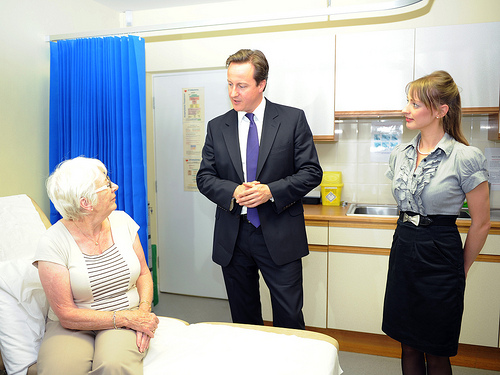
2. Lots of votes at 16
So far, over 80% of Scottish 16-17 year olds have registered to vote in September’s independence referendum. Find out more here.
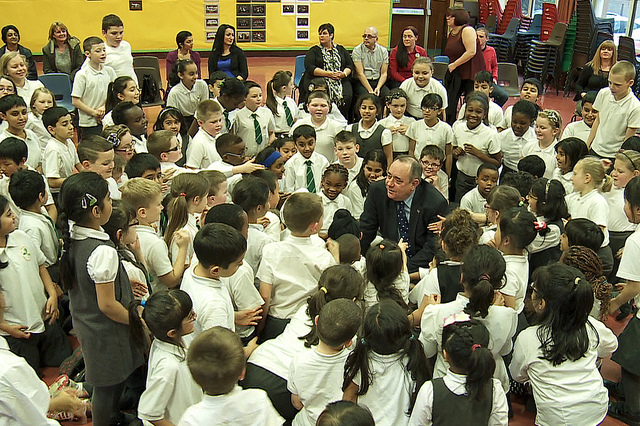
3. Nationalised tweeting
Government-run Twitter accounts are ‘national digital assets’ that should be protected regardless of which party is in government. So argued the incoming India Prime Minister after his predecessor announced the @PMOIndia account and its 1.24 million followers would be archived. Find out more here.
4. Cause for complaint
England needs to merge the various ombudsman services that investigate complaints by public service users into a single Public Services Ombudsman. Find out more here.
5. Proportional representation?
The Proportional Representation electoral system used for European Parliament elections in the UK has not exactly lived up to its name. For instance, the national vote share for UKIP was around four times the size of the share for the Liberal Democrats, but they won 24 times as many seats. Find out more here.
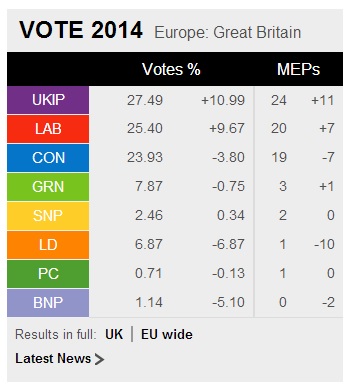
6. Telling it like it is
According to the leader of the Green Party, British politics could benefit from importing some Australian bluntness, and having politicians who answer a question simply and directly. Find out more here.
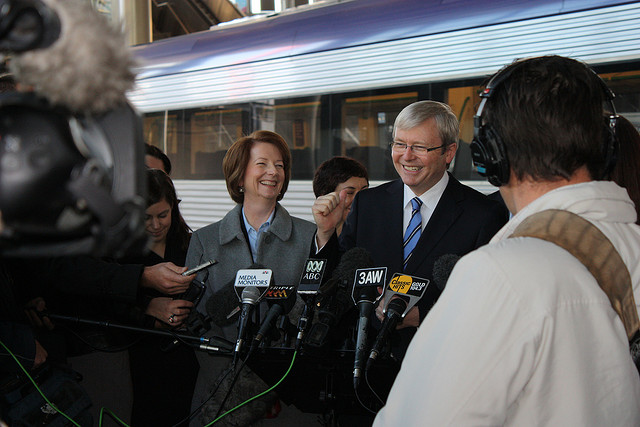
7. None of the above
1.1% of voters in the recent Indian election chose the ‘None of the above’ option on ballot papers – this was the first election this option was available to voters. Find out more here.
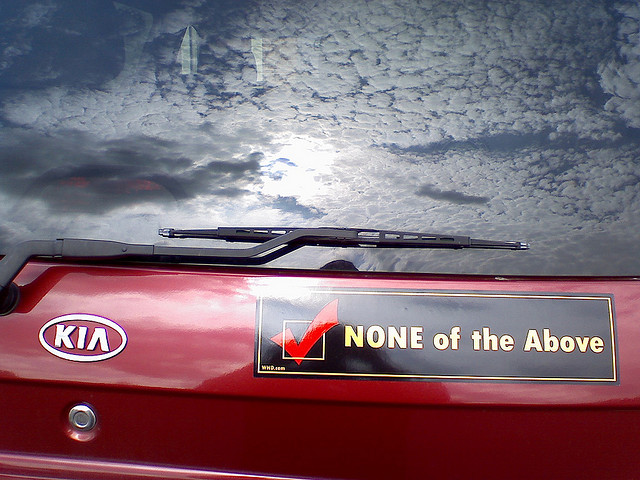
8. We’re gonna need a bigger table
The size of a cabinet is determined by the number of parties in a governing coalition, with more parties leading to greater number of cabinet ministers being appointed. Find out more here.
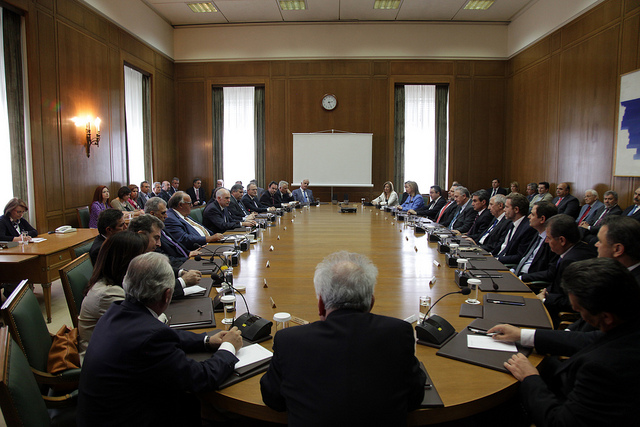
9. Moderating influence
Evidence from the United States suggests public funding of election campaigns increases polarisation in the ideological positions of the competing parties, by reducing the influence of moderate donors. Find out more here. 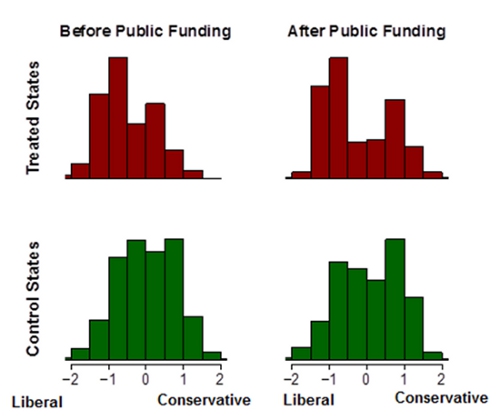
10. No overall control
The media and many councils do not provide adequate post-election information to voters about who has ‘won’ the local election, particularly which parties go on to form the ruling administration. Find out more here.
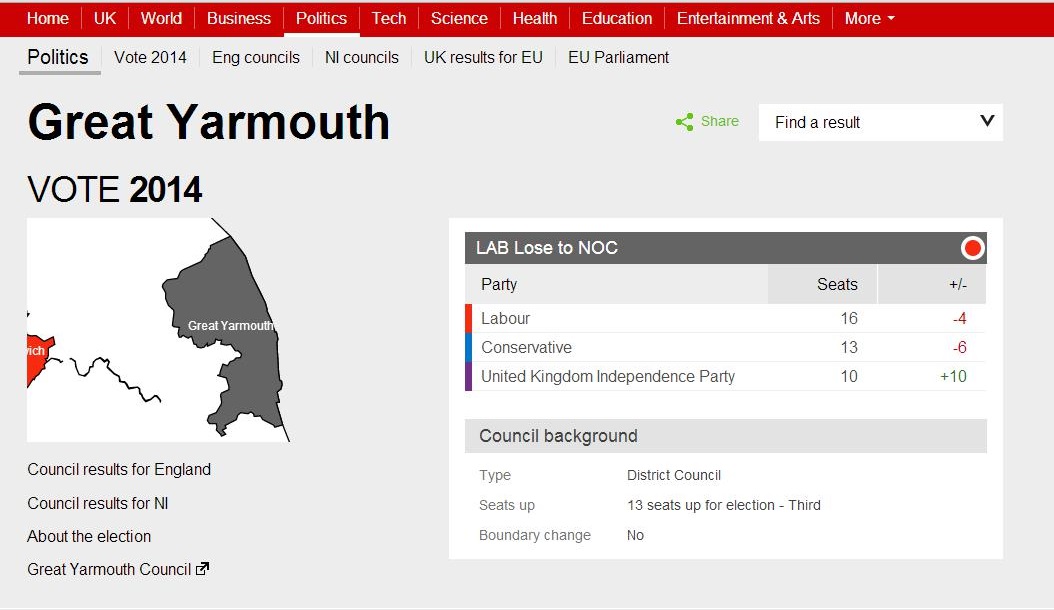
11. English devolution
Devolution of power to the English regions is becoming unavoidable, in the wake of the Scottish independence campaign. Find out more here.
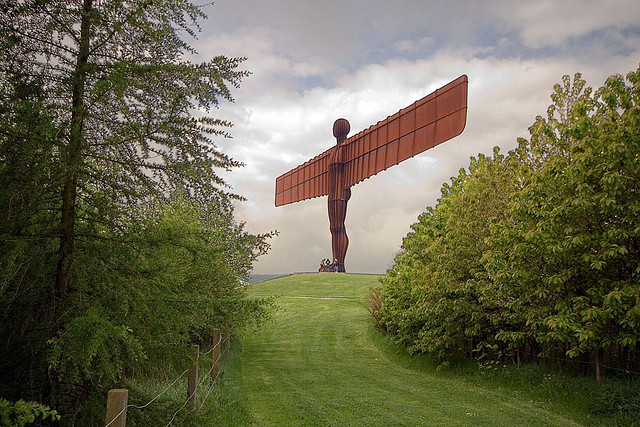
12. Youth apathy
Young people are less engaged in both traditional and non-traditional forms of politics than older generations. Find out more here.

13. Blanket coverage
Lots of people are upset that the BBC gave too much coverage to UKIP during the European and local elections.
@BBCBreaking @BBCNews Congratulations BBC on your UKIP PR campaign. Please sign: https://t.co/cf1WaTTf60 #Vote2014 #EP2014
— Jo Richards (@JoRichardsKent) May 26, 2014
Will always be big supporter of BBC. But @BBCNews needs to have long, hard look at balance (or lack of) in its coverage over recent weeks.
— Andy Burnham (@andyburnhammp) May 24, 2014
This new BBC UKIP channel is a bit boring. who pays for this rubbish? oh…hang on.
— Sloopy (@s100py) May 23, 2014
14. Direct democracy
Evidence from Switzerland suggests the availability of direct democratic rights (such as the right to initiate a referendum) increases citizens’ trust in political authorities. Paradoxically, however, the use of direct democratic instruments reduces trust. Find out more here.
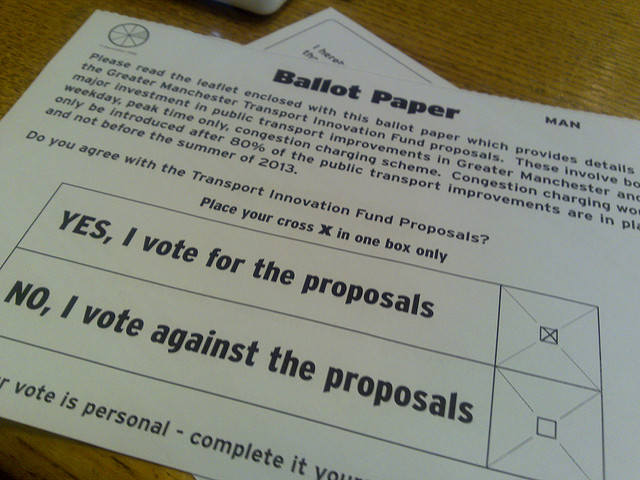
15. Preventing gerrymandering
The redrawing of electoral districts needs to be carried out by extra-legislative bodies in order to prevent gerrymandering and make elections more competitive. Find out more here.
16. Thatcher’s legacy
While a large majority of voters in the South of England believe Margaret Thatcher was good for Britain, a large majority in the North believe she had a negative impact on the country. Find out more here.
17. Out of touch
Parties’ recruitment of powerful election strategists means we risk losing touch with what politics is supposed to be about. Find out more here.
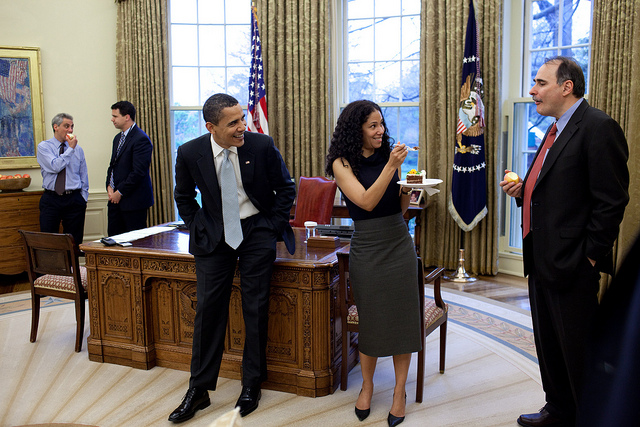
18. Risk takers
People who are more willing to take risks are more likely to vote ‘Yes’ in Scotland’s upcoming independence referendum. Find out more here.

19. Primary pre-requisites
Evidence from Latin America suggests that using primary elections to select candidates can be effective, but only if the primary is binding, transparent and regulated by a legal framework. Find out more here.
20. Little government
Two new parish councils were elected for the first time on 22 May (during national ‘Create a Council’ week), including the first new parish council in London since 1963. Find out more here.

—
Note: This post represents the views of the author and does not give the position of LSE or Democratic Audit. Please read our comments policy before responding. Shortlink for this post: buff.ly/1lRCTRo
—
New image credits:
World Economic Forum/Norbert Schiller, CC BY-SA 2.0; BBC Vote 2014 (5 and 10) Jason Trommetter, CC BY-NC-SA 2.0 (7); Flazingo Photos, CC BY-SA 2.0 (11); US Embassy New Delhi, CC BY-ND 2.0 (17); Brian Walsh, CC BY-NC-SA 2.0 (18); Oxyman, CC BY-SA 3.0 (20)

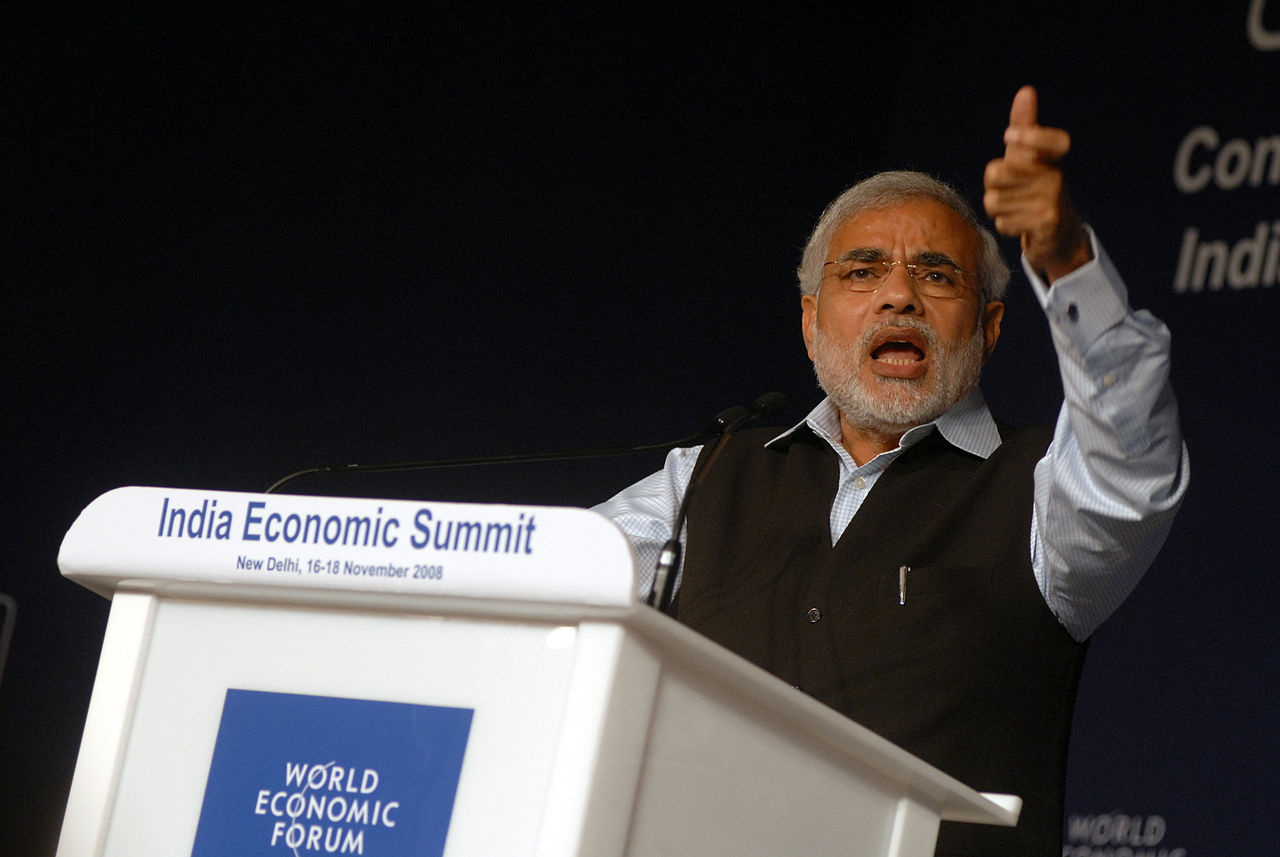
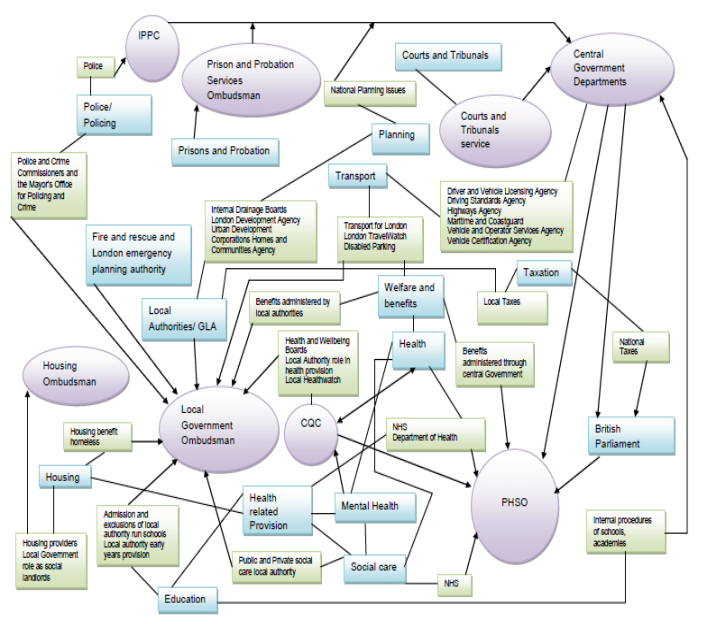
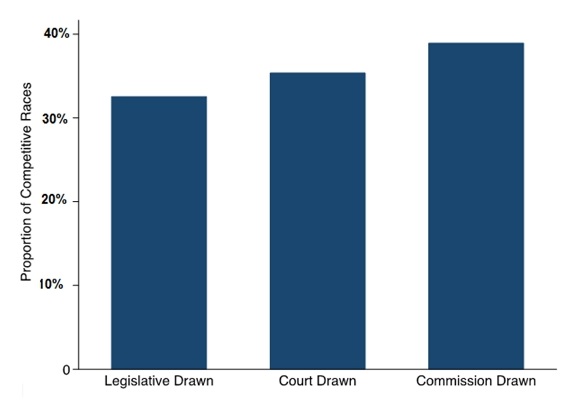
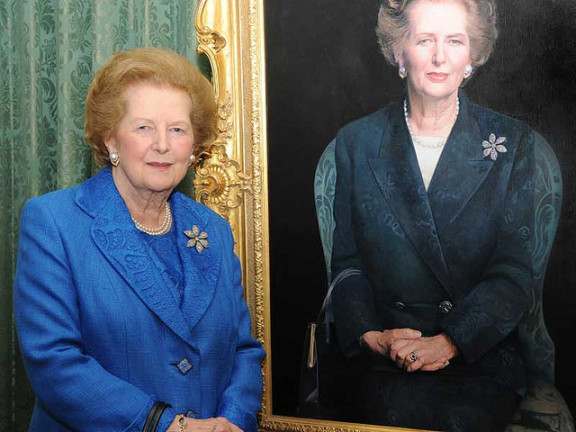
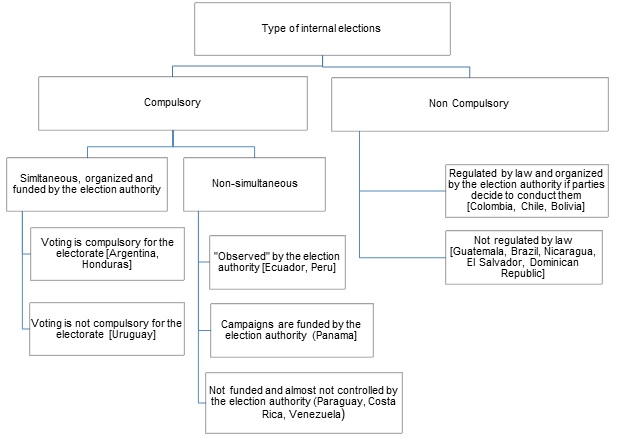




 Democratic Audit's core funding is provided by the Joseph Rowntree Charitable Trust. Additional funding is provided by the London School of Economics.
Democratic Audit's core funding is provided by the Joseph Rowntree Charitable Trust. Additional funding is provided by the London School of Economics.
#funfact 2 new parish councils were elected for the first time on the 22nd of May https://t.co/5wsLz4mbGu
20 things we learned about #democracy in May 2014 from @democraticaudit https://t.co/uA4AgFTPMX
What did we learn about democracy in May 2014? https://t.co/SCQ8WgDvJN
20 things we learned about democracy in May 2014 https://t.co/4i9f9Q9EEN
20 things we learned about democracy in May 2014 https://t.co/wJncljYKzi Brilliant stuff here
20 things we learned about democracy in May 2014 https://t.co/KLoe8oAoiy